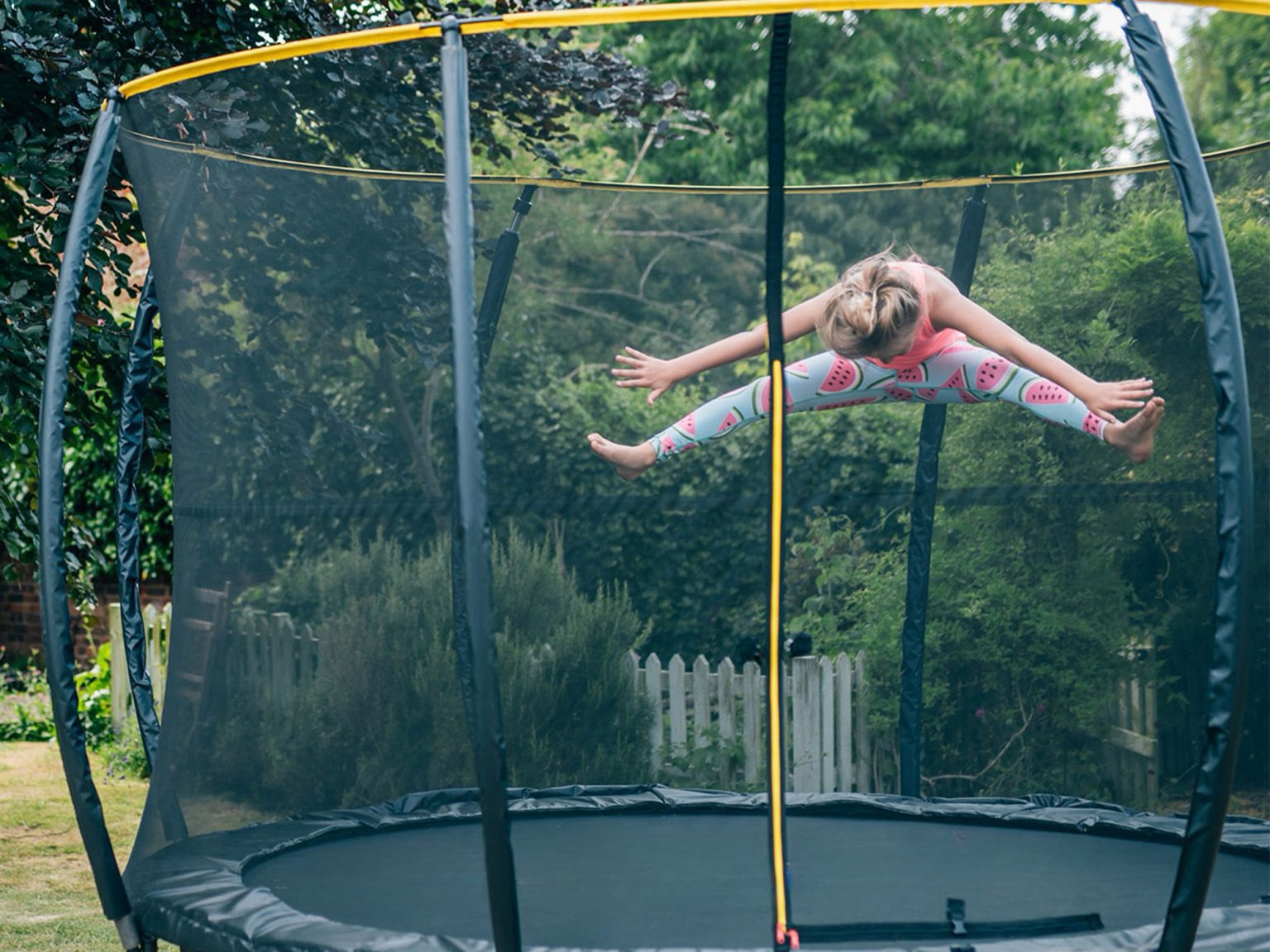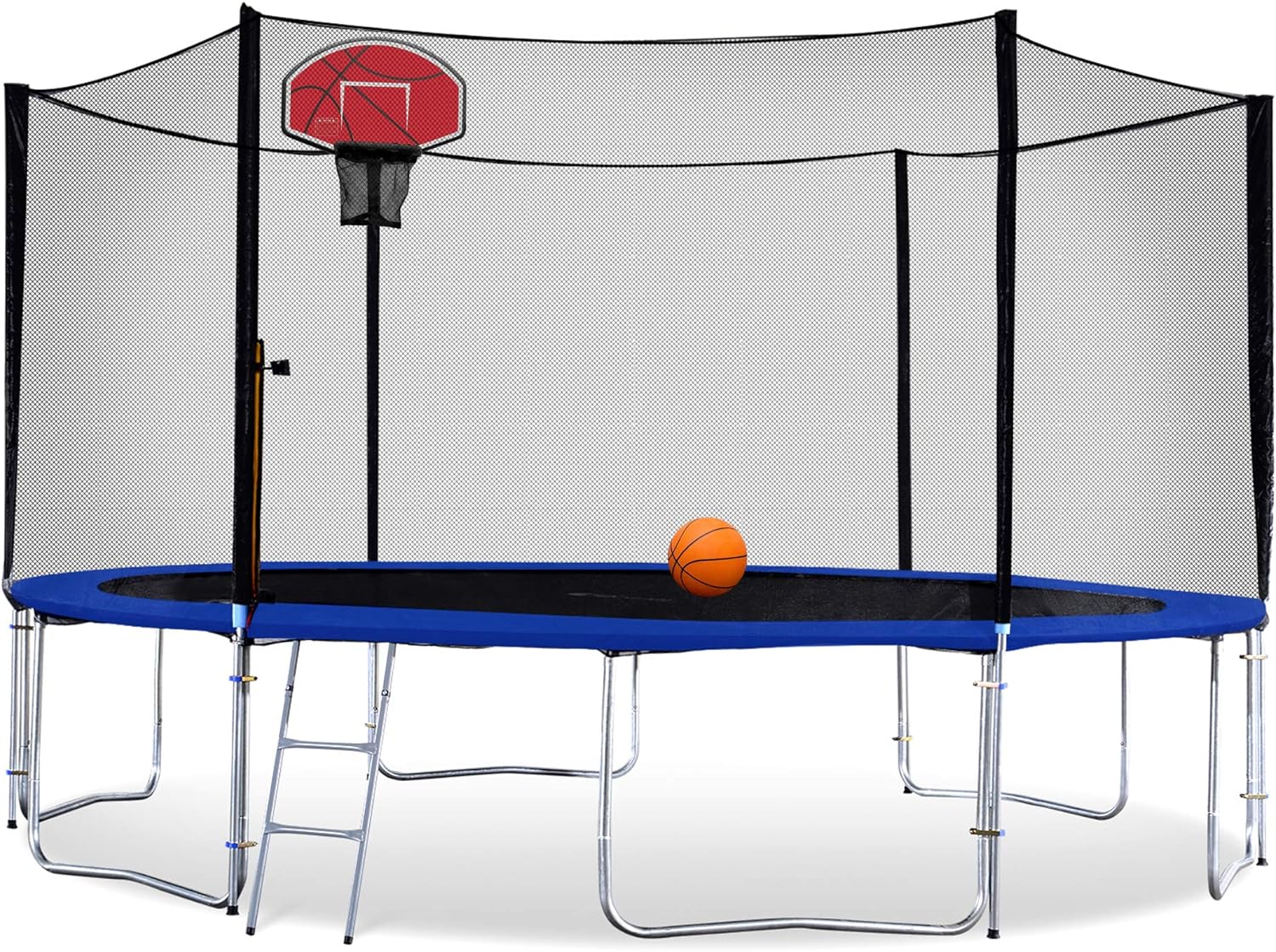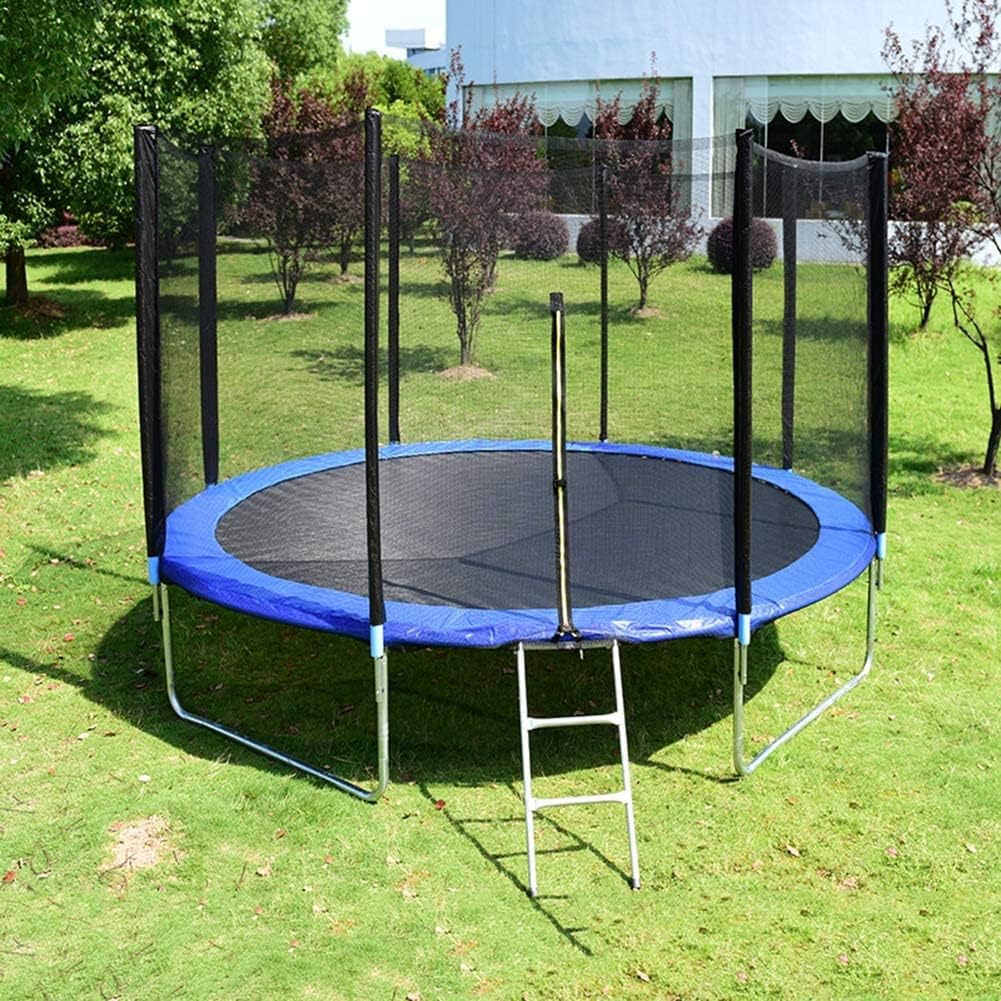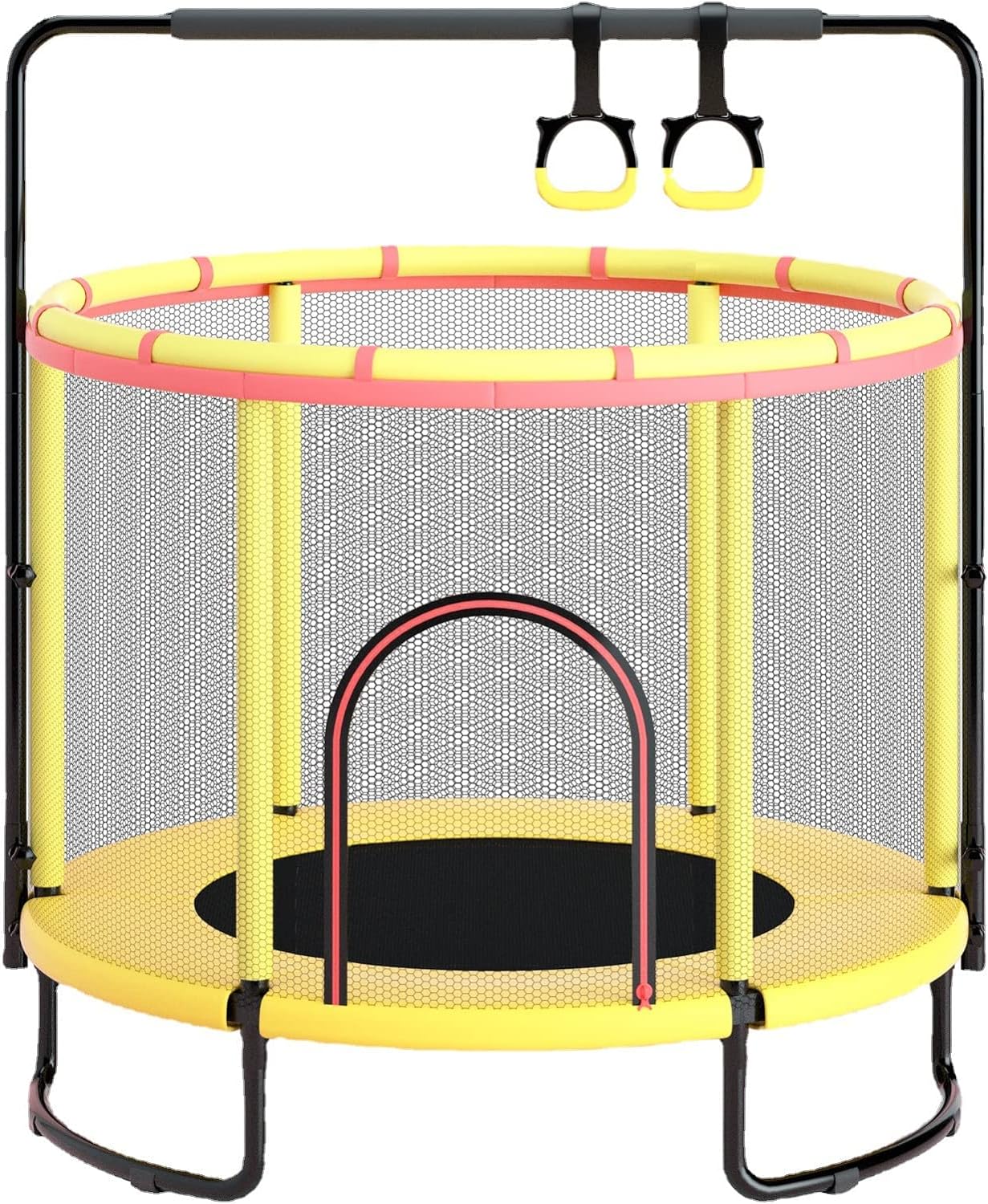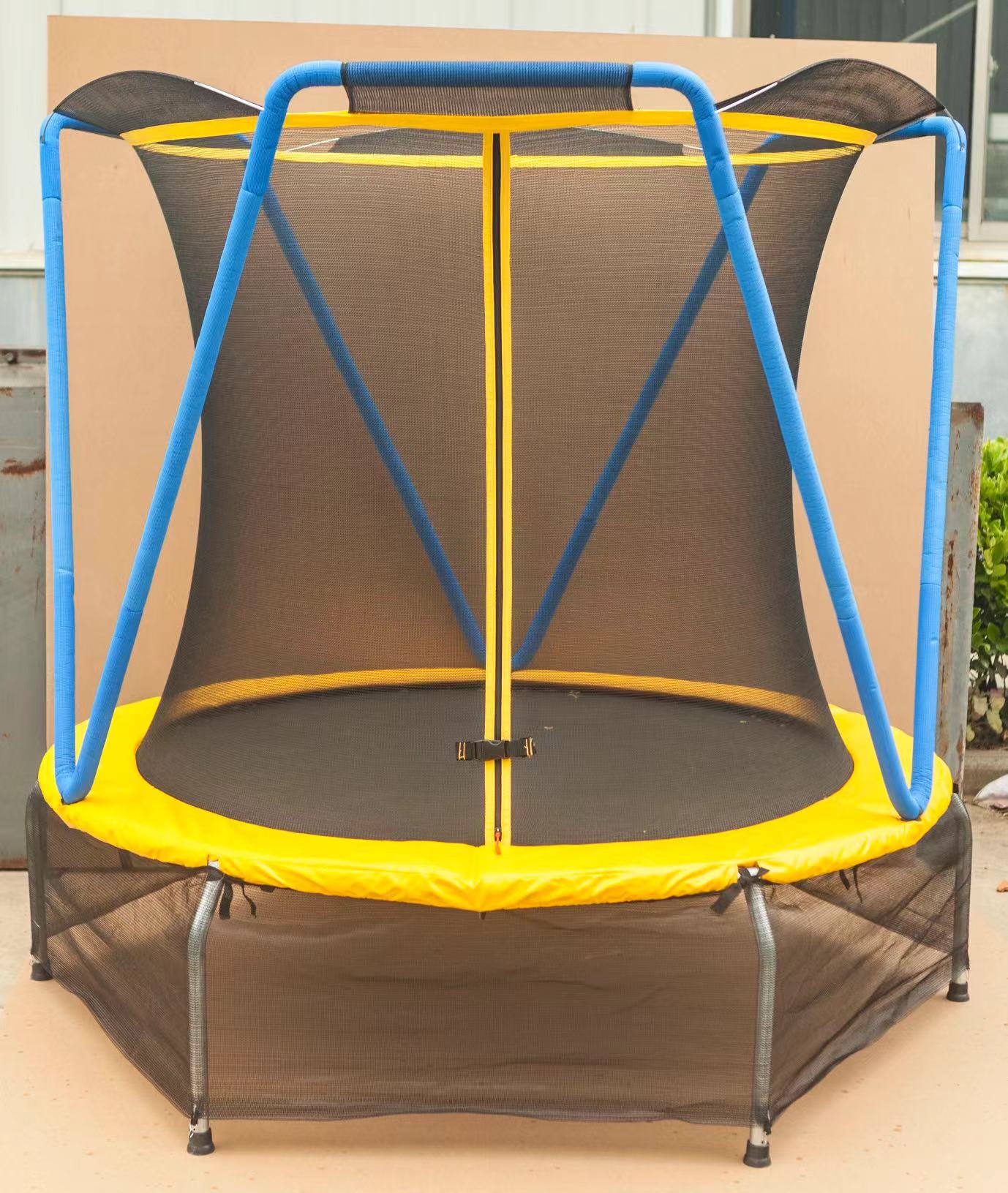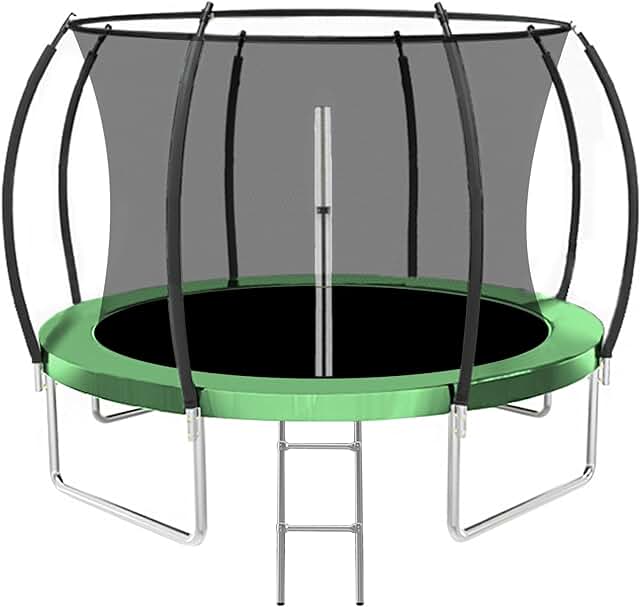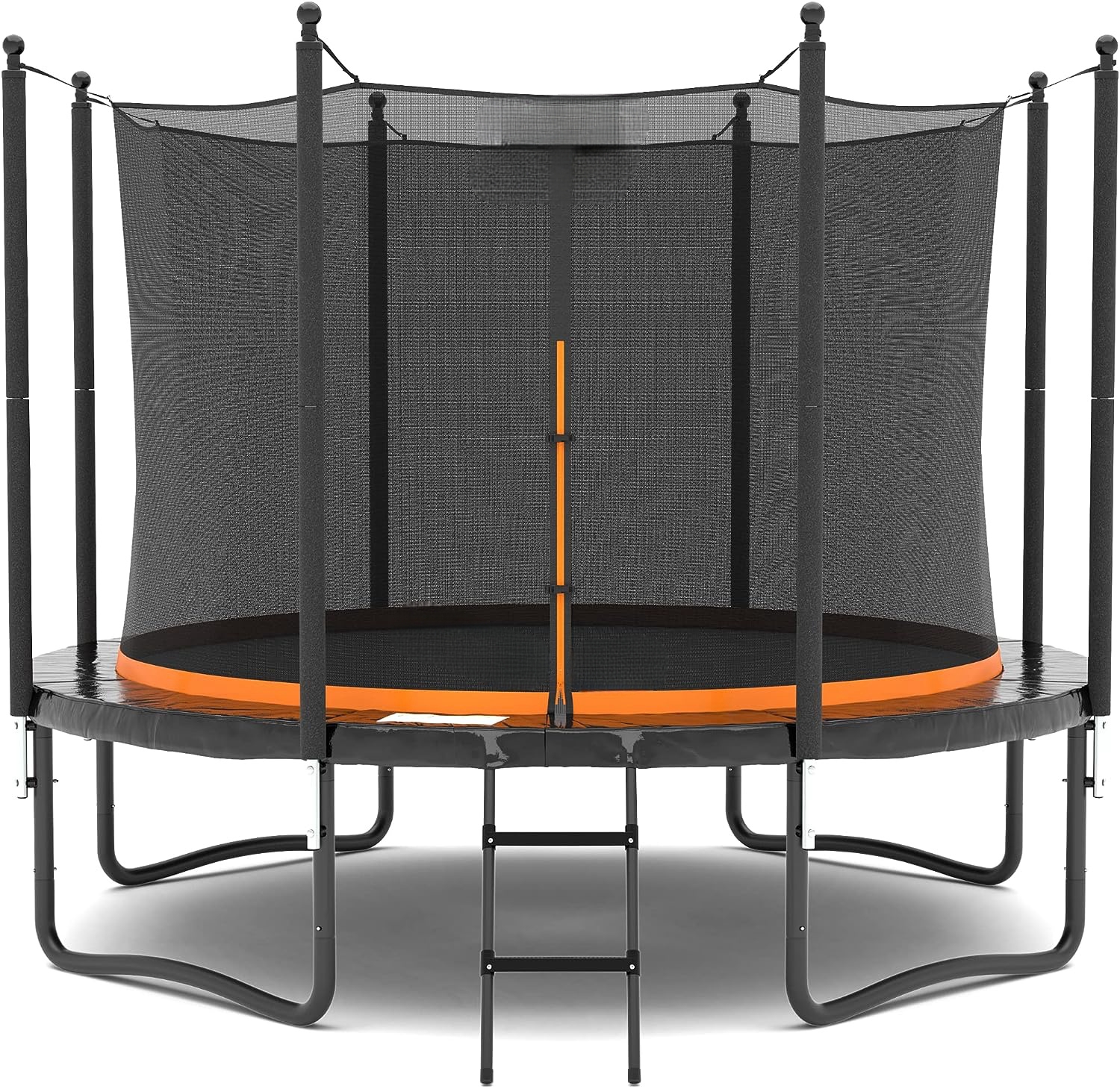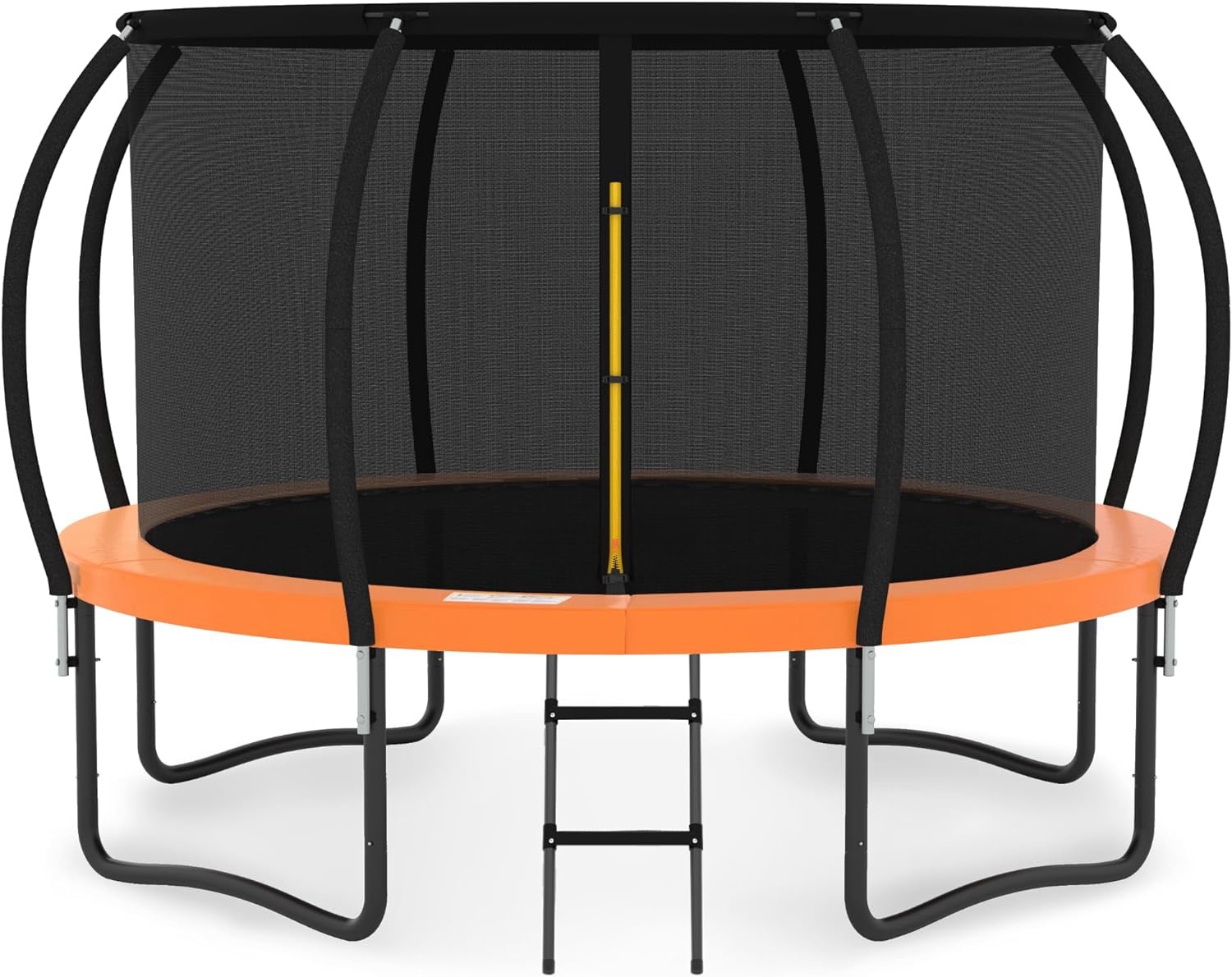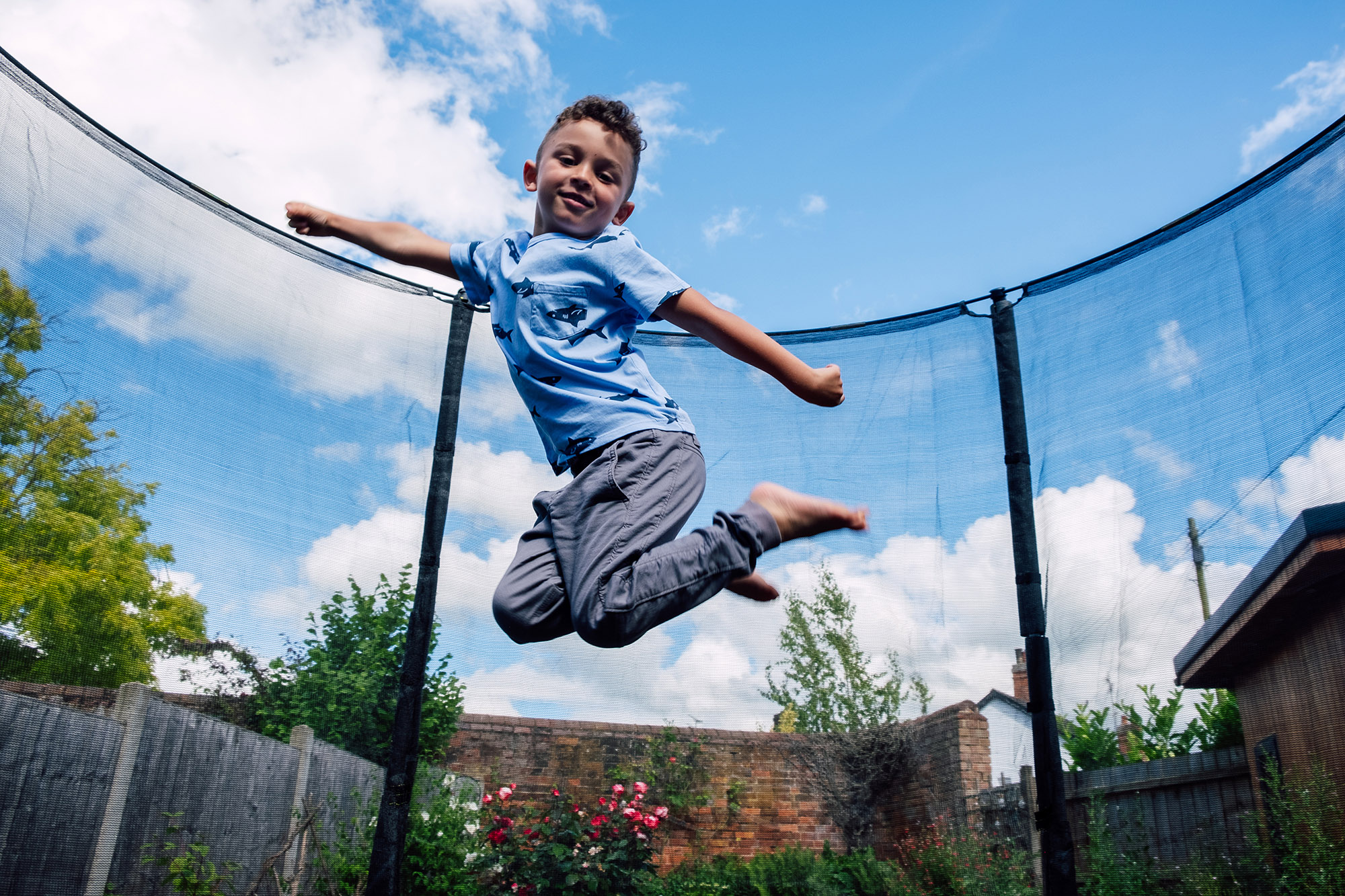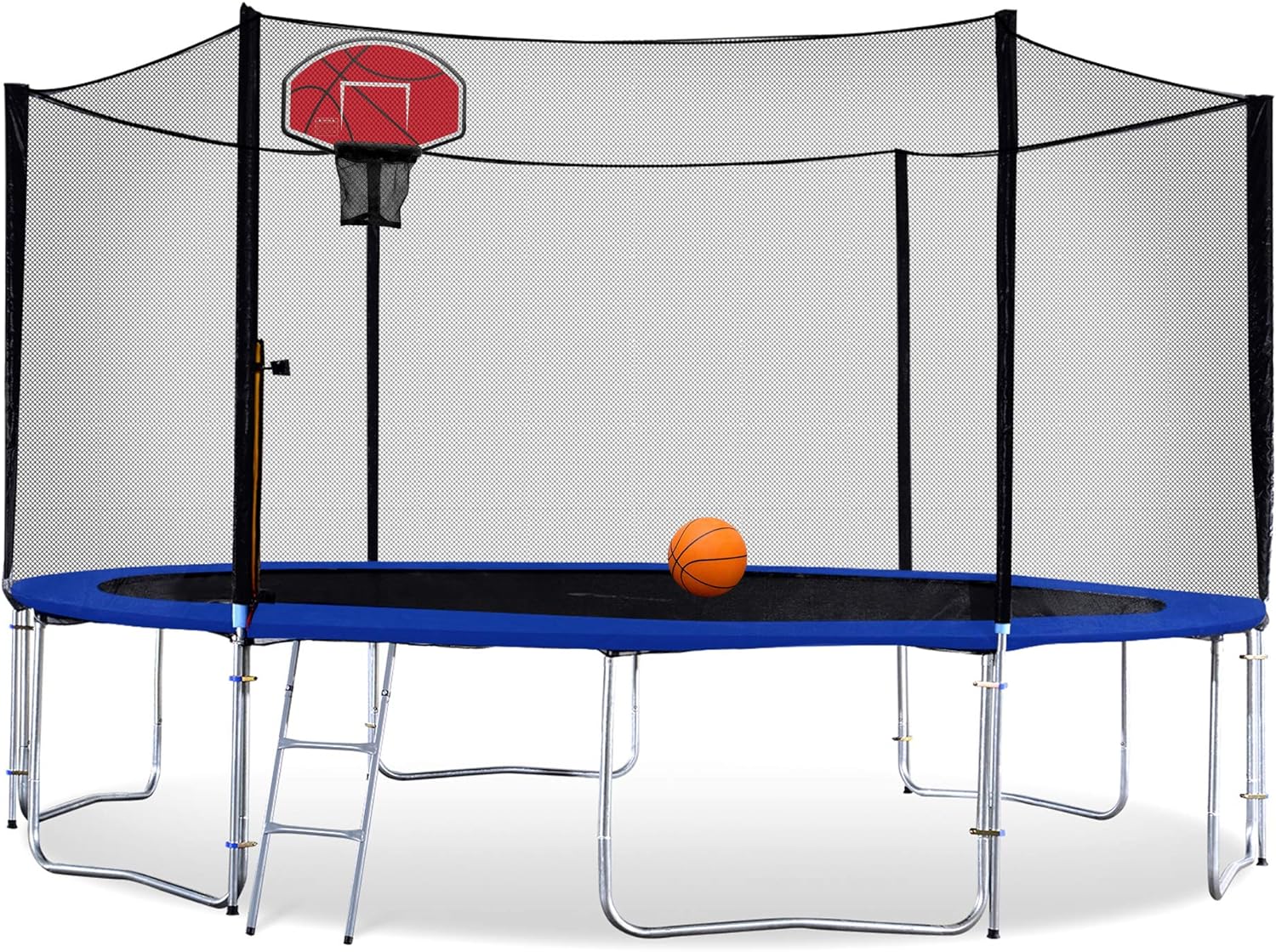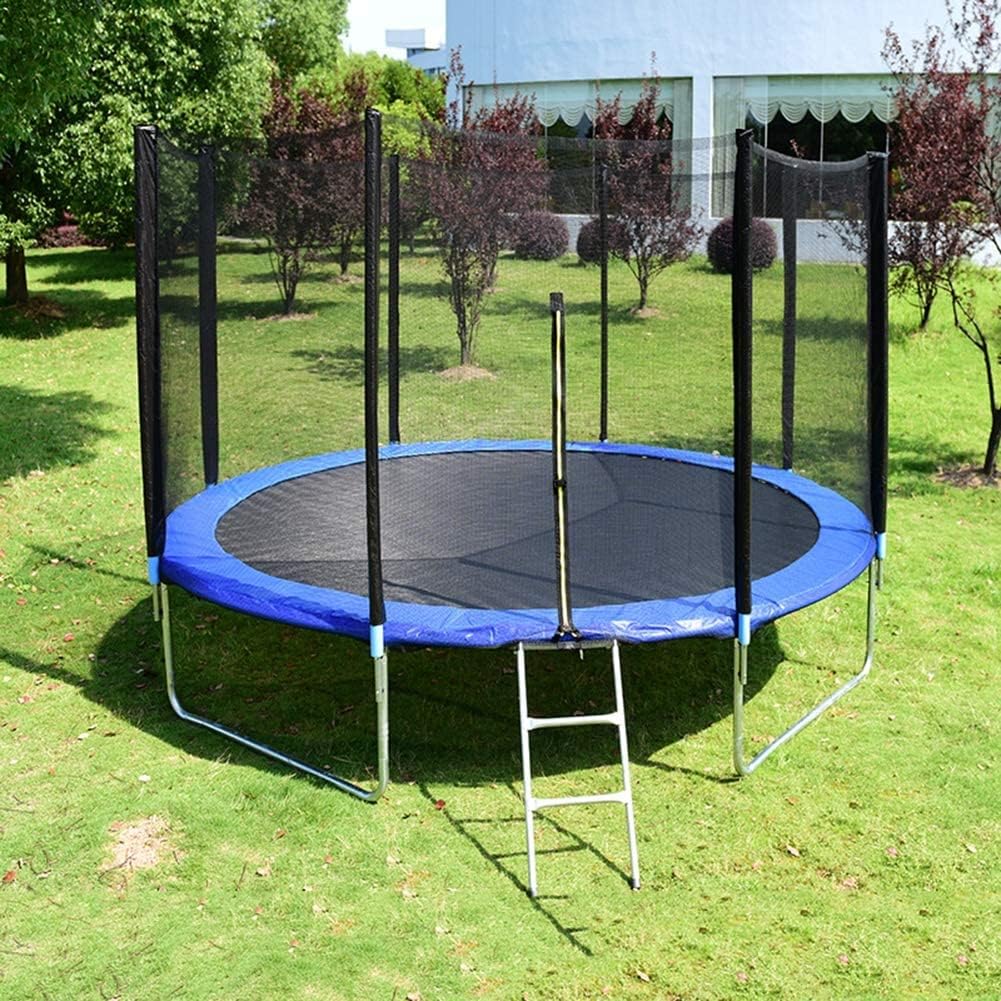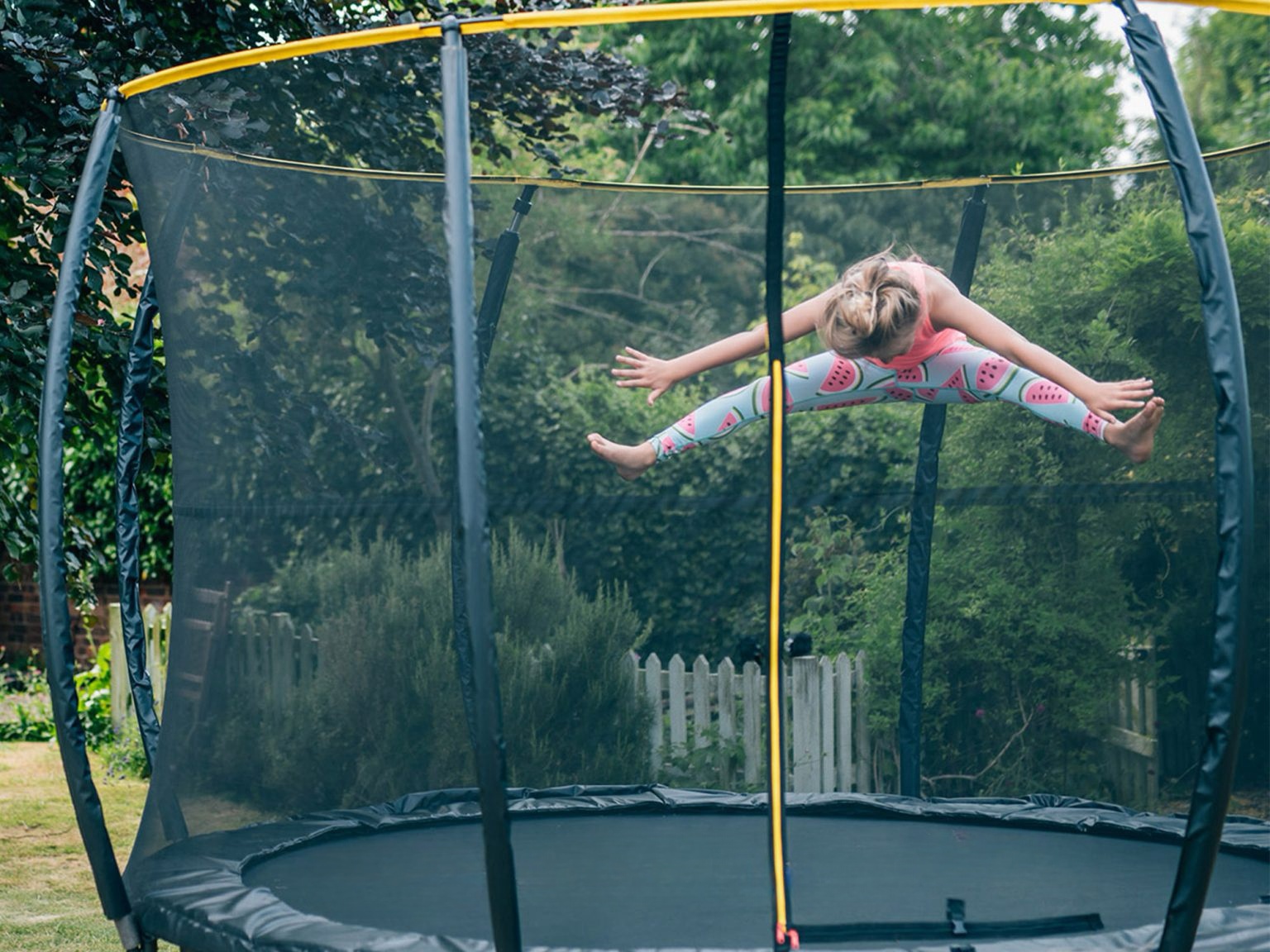لعب الترامبولين للأطفال
Min. Order: 500 Pieces
-
Payment:
-
L/C T/T D/P Western Union Paypal Money Gram Other
-
Export Port:
-
Shanghai/ningbo,China
-
Output:
-
5000/month
Explore More Products
- Product Details
- {{item.text}}
Quick Details
Quick Details
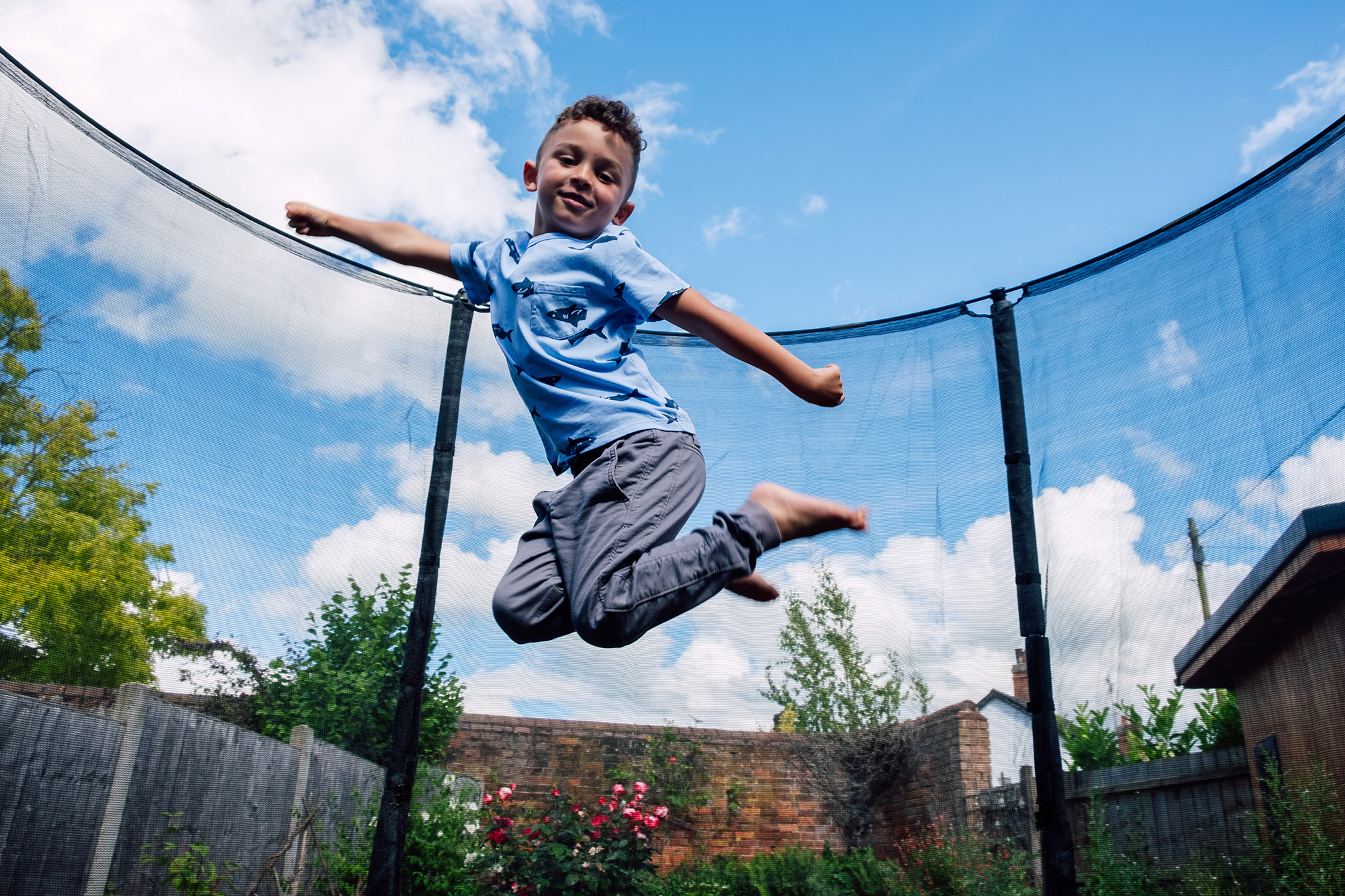
Did you know trampoline parks are one of the most polular fitness activities all around the world ? Because it’s fun for all ages, more people are looking at investing in a kid’s trampoline at home. If you’re wondering what types of trampolines are available and best for your home, you’ve come to the right place!
While most people imagine a trampoline for kids, they are excellent fun for parents too! From junior-sized models to 15 ft giants, there are trampoline sizes perfect for your needs. Adding a trampoline to your backyard playground creates a creative, adventure-filled space for your kids and their friends right at your home!
Read this guide to find out more about the history of trampolines and the type that is right for you!
History of the Trampoline
The trampoline is an American invention. George Nissen and Larry Griswald built the first trampoline to train gymnasts in 1934. This prototype was first constructed from inner tubes, iron, and canvas. Eventually, springs replaced the inner tubes to provide the needed bounce.
Nissen and Griswald had plans to invent new sports activities that used the trampoline, but these games never caught on. They started marketing toward children’s activities and focusing on gymnastics. Other athletes realized the benefits and potential of the trampoline and incorporated it into their training.
Nissen received a patent for his invention in 1945. The military and astronauts incorporated the trampoline into training exercises due to its ability to let people propel and manoeuvre into the air.
Trampoline parks were then called jumping centres. They started to pop up in the 1970s. Home use trampolines gained popularity by the 1980s and continue to this day. Trampolining became recognized as a sport by the Olympics in 2000.
Kid’s Trampoline Safety
The safety of the types of trampolines has come a long way since their inception nearly one hundred years ago. Safety has drastically improved in the last generation! For many old millennial patents, they grew up with a backyard trampoline with exposed springs and little to no padding or netting of any kind.
Obviously, accidents were more common with these open and lightly padded trampolines. Nowadays, safety is the number one feature of a modern trampoline. Modern, backyard trampolines are designed for safe, all-ages family fun.
For a backyard and home-use trampoline, look for these safety features:
- Covered springs to avoid pinches
- The frame and springs are sectioned from the jumping area
- Strong, durable frame construction
- Netting enclosure to prevent falls
Types of Trampolines
There are many uses for trampolines, both professional and recreational. For this reason, there are many choices to consider when looking to add one to your backyard. Both size and shape must be considered, especially if you’re pairing your trampoline with other backyard equipment like a wooden swning set .
Mini Bouncer Trampolines
The smallest option for beginner bouncers. Recommended for toddlers or for children who require assistance with activity, these mini bouncer trampolines are small enough to have inside the house. With a metal frame and a stable handle, these trampolines provide a reliable jumping mat to encourage coordination and balance skills.
The average weight limit for mini bouncers is around 25 kg. These cost between £60-90 for a quality bouncer.
Junior Trampoline Sizes
The junior size is a trampoline for kids aged between three and ten years old. These range between a 4.5 ft and 7 ft circumference.
4.5 ft trampolines are for smaller children and single jumpers. They offer colour choices, often in pinks, blues or prints. With padded netting, these introductory trampolines are ideal for getting young kids used to jumping and bouncing on outdoor equipment.
A 6 ft trampoline offers a larger jumping area for kids. While designed for children aged three to ten, adults can use a 6 ft trampoline too. our trampolines comes with a curved-shaped netting enclosure to provide maximum jumping space and safety.
While the circumference of a 7 ft junior jumper is bigger than other options, the frame height is kept low to allow smaller children easy accessibility. The 7 ft trampolines have longer springs which allow for higher bounces.
Circular Trampoline Shapes
The most common backyard trampoline shape is the circular design.
Oval Trampoline Shapes
Rectangular Trampoline Shapes
Square Trampoline Shapes
Bowl Trampoline Shapes
Ground Level Options on Trampolines
Above-Ground Types of Trampolines
In-Ground Types of Trampolines
